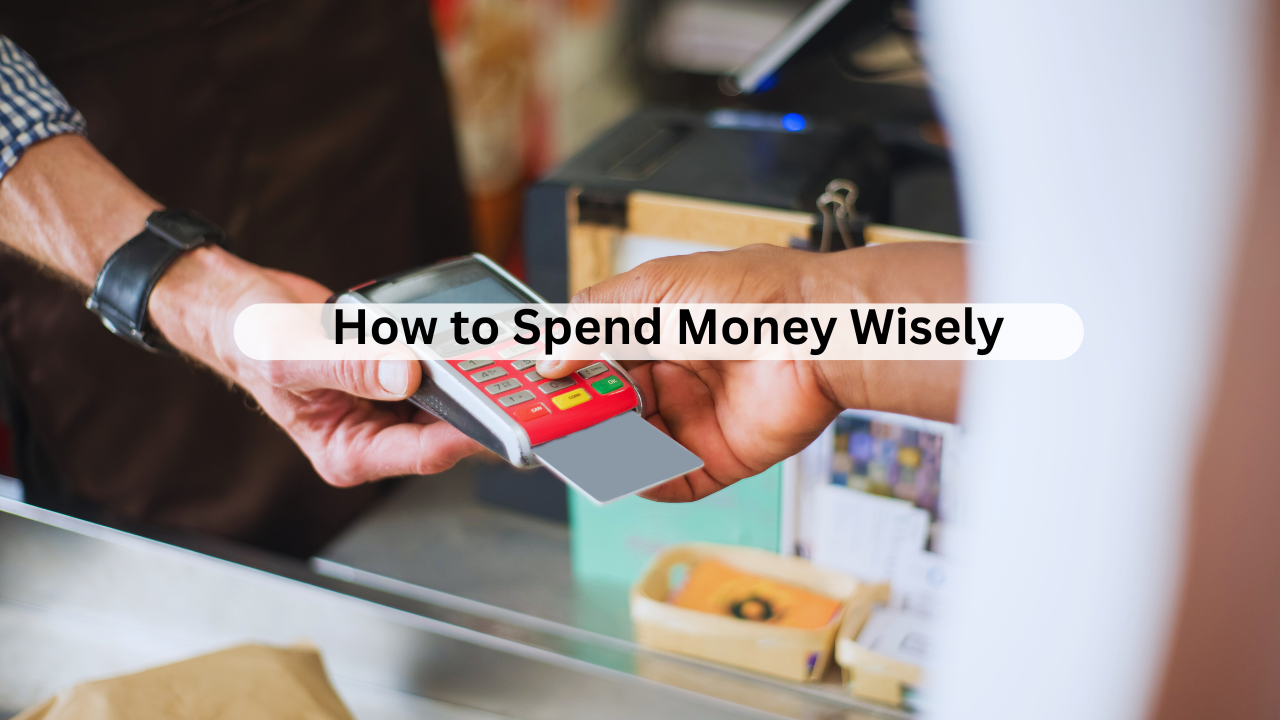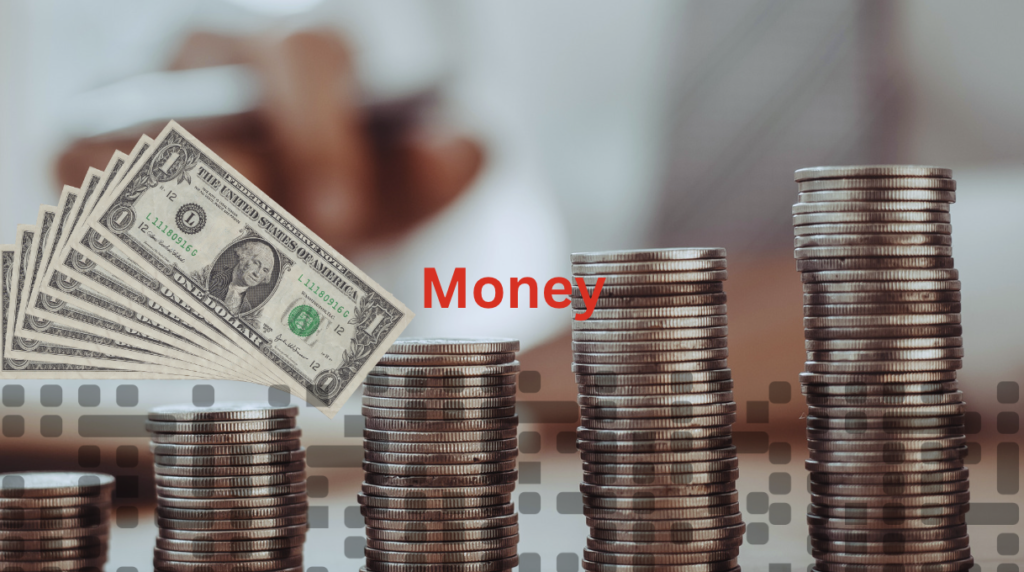
How to Spend Money Wisely Without Regrets
What is Money
Money is anything that is generally accepted as a medium of exchange, a unit of account, and a store of value. It is a liquid asset that can be easily converted into other goods and services.
The most common forms of money today are fiat money, which is government-issued currency that is not backed by a physical commodity, and banknotes, which are issued by banks and are backed by the deposits of their customers.
Money has three main functions:
- Medium of exchange: Money is used to buy and sell goods and services. It eliminates the need for bartering, which is the direct exchange of goods and services without the use of money.
- Unit of account: Money is used to measure the value of goods and services. It provides a common standard for comparing the prices of different goods and services.
- Store of value: Money can be stored and saved for future use. It is a more convenient way to store wealth than other assets, such as gold or silver.
There are different types of money, each with its own advantages and disadvantages. The most common types of money are:

- Fiat money: Fiat money is government-issued currency that is not backed by a physical commodity, such as gold or silver. It is the most common form of money in the world today.
- Commodity money: Commodity money is a type of money that has intrinsic value, meaning that it is valuable in and of itself. Examples of commodity money include gold, silver, and copper.
- Fiduciary money: Fiduciary money is a type of money that is not backed by a physical commodity, but is instead backed by the faith of the people who use it. Examples of fiduciary money include banknotes and credit cards.
- Commercial bank money: Commercial bank money is money that is created by commercial banks when they make loans. It is not backed by any physical commodity or government guarantee.
The use of money has made it possible for economies to grow and develop. It has also made it easier for people to trade and exchange goods and services. Money is a vital part of the modern economy, and it is unlikely that it will ever be replaced.
The word “money” comes from the Latin word “moneta”, which means “coin”. The first coins were minted in Lydia, a kingdom in Asia Minor, in the 7th century BC. These coins were made of electrum, a natural alloy of gold and silver
We all want to spend our money wisely, but it’s not always easy. Sometimes we make impulse purchases that we later regret, or we spend money on things that don’t really bring us joy. If you’re looking to spend your money without regrets, here are a few tips:
- Set financial goals. What do you want to achieve with your money? Do you want to save for a down payment on a house, retire early, or travel the world? Once you know your goals, you can start to make decisions about how to spend your money that will help you reach them.
- Create a budget. A budget is a plan for how you’re going to spend your money each month. It can help you track your spending and make sure you’re not overspending in any one area. There are many different budgeting methods out there, so find one that works for you and stick to it.
- Pay yourself first. This means setting aside money for savings or investments before you pay your bills or make any other purchases. This way, you’re sure to be saving for your future, even if you have to make some sacrifices in the present.
- Spend on what matters to you. Not everything is worth spending money on. Take some time to think about what’s really important to you and focus your spending on those things. For example, if you love to travel, make sure to budget for travel expenses each month.
- Avoid impulse purchases. It’s easy to get caught up in the moment and make a purchase that you’ll later regret. Before you buy anything, ask yourself if you really need it and if you can afford it. If you’re not sure, walk away and come back to it later.
- Do your research. If you’re considering making a big purchase, do your research to make sure you’re getting the best deal. Compare prices from different retailers and read reviews before you buy.
- Wait for sales. If you can, wait for sales before you make a purchase. This is especially true for big-ticket items like electronics or furniture.
- Buy used. There are many great deals to be found on used items. You can find used clothes, furniture, electronics, and more at thrift stores, consignment shops, and online marketplaces.
- Be mindful of your spending. When you’re out shopping, be mindful of how much money you’re spending. It can be helpful to set a budget for each shopping trip.
- Don’t be afraid to say no. It’s okay to say no to requests for money, even from friends and family. If you can’t afford to give, don’t feel obligated.

Following these tips can help you spend your money more wisely and avoid regrets. Remember, it’s all about balance. You don’t have to be a miser, but you should also be mindful of your spending and make sure you’re not overspending on things that don’t matter to you.
Here are some additional tips to help you spend your money without regrets:
- Be patient. Don’t expect to find the perfect deal overnight. It takes time to find the best prices and the best quality items.
- Be flexible. Don’t be afraid to change your plans if you find a better deal elsewhere.
- Be willing to compromise. Sometimes you may have to compromise on your ideal purchase in order to get a better deal.
- Be grateful. When you do make a purchase that you’re happy with, take some time to appreciate it. This will help you avoid regrets in the future.
Spending your money wisely is a skill that takes time and practice. But by following these tips, you can start to spend your money without regrets and reach your financial goals.tuneshareGoogle it










